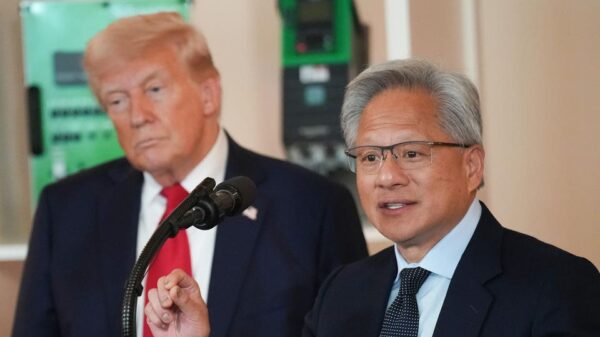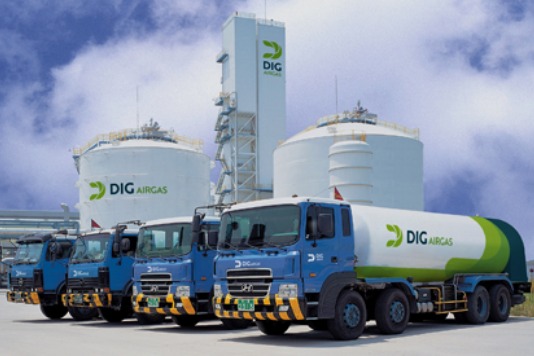UPDATE: In a groundbreaking move, Air Liquide has officially signed a share purchase agreement to acquire DIG Airgas from Macquarie Asset Management for approximately 4 trillion won ($2.9 billion). This significant transaction was confirmed just moments ago, marking Air Liquide’s dramatic return to the South Korean industrial gas market after a decade-long hiatus.
This deal comes as Air Liquide clinches a 100% stake in DIG Airgas, recognized as Korea’s third-largest industrial gas supplier. The acquisition follows an intense bidding war, where Air Liquide outperformed global competitors, including Brookfield Asset Management and Stonepeak. Sources indicate that Air Liquide presented the highest bid, securing a crucial foothold in a competitive market.
Negotiations have been arduous, with Macquarie initially seeking closer to 5 trillion won. However, Air Liquide argued for a lower price, citing challenges related to falling demand from major clients such as SK Innovation, LG Chem, and LG Display. Ultimately, the two parties reached an agreement in the low-to-mid 4 trillion won range.
DIG Airgas specializes in producing essential gases like nitrogen, helium, and oxygen, primarily used in the semiconductor and display industries. The company counts tech giants Samsung Electronics and SK Hynix among its key customers, underscoring the strategic value of this acquisition.
Air Liquide’s return to South Korea is particularly noteworthy, as it exited the market in 2014 after divesting its share in a joint venture with Daesung Industrial Gases. Since then, DIG Airgas has undergone significant changes, including a takeover by private equity firm MBK Partners in 2017, followed by a sale to Macquarie in 2019.
This acquisition not only revitalizes Air Liquide’s presence in a critical market but also highlights ongoing shifts in the industrial gas sector. Analysts suggest that while the deal opens new opportunities, it may encounter challenges, particularly given the current weakness in the petrochemical cycle and potential policy-driven restructurings.
As Air Liquide prepares for integration, industry observers will be closely monitoring the evolving landscape. The company’s ambitions in South Korea could reshape competitive dynamics, especially as other players, like Air Products Korea, may become available for acquisition.
The market is buzzing with excitement over this significant development, and the implications for both Air Liquide and DIG Airgas are profound. As the situation unfolds, stakeholders and analysts alike are keen to see how this acquisition will impact the industrial gas market in South Korea and beyond.
Stay tuned for more updates on this developing story.





































































